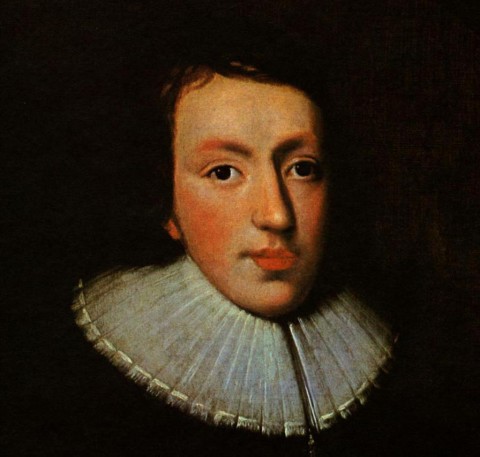Taught by William Flesch at Brandeis University, Spenser and Milton are the two greatest non-dramatic English poets of the sixteenth and seventeenth centuries, and they even rival Shakespeare. Shakespeare read (and adopted) Spenser; Milton read and used Spenser as a way to think about poetic, aesthetic, religious and political issues in a non-Shakespearean way. This course covers all of Spenser’s great allegorical poem The Faerie Queene, and all of Milton’s major poetry, including Paradise Lost and Paradise Regained. Any complete editions of Spenser and Milton will suffice.
1) Spenser: Book I of the Faerie Queene and the Spenserian stanza: Audio
2) Allegory and character in Spenser: Audio
3) More on allegory and character, inner and outer, with the examples of Orgoglio and of Despayre in Book I: Audio
4) Spenser: Book II: Spenser and certainty. Guyon’s priggishness: Audio
5) Book II: Temperance and self-restraint. The pleasures of self-restraint. Mirth and Mammon: Audio
6) Book II: The Bower of Blisse and the Lovely Lay sung there: Audio
7) Book III: Why do Guyon and Britomart (Temperance and Chastity) fight?: Audio
8) Book III: Britomart and allegory: Audio
9) Book III: Allegory and human individuality: Audio
10) Book III: Amoret, Belphoebe and what the House of Busirane is for: Audio
11) What it’s like to live in the Land of Faery; the Garden of Adonis: Audio
12) Matter and Form in the Garden of Adonis: Audio
13) Book IV: Love and Friendship: Audio
14) Book IV: The Friend as Second Self: Audio
15) Book IV: Scudamor at the Temple of Venus: Audio
16) Book V: Varieties of Justice: Audio
17) Books V and VI: The relation of Justice to Courtesy: Audio
18) Variety and Uniformity in Books V and VI: Audio
19) Book VI as pastoral: Audio
20) Last, best class on the Faerie Queene: Scopophilia and narrative: Audio
21) Milton: Lycidas: Audio
22) Contrasts and Debates in Milton: Audio
23) Lycidas and Comus: Audio
24) Comus, rape, and freedom: Audio
25) Paradise Lost and freedom: Audio
26) Paradise Lost: The mind is its own place. The Lady from Comus and Satan: Audio
27) Paradise Lost as anti-allegorical poem. Invocation to Book 3: Audio
28) Paradise Lost: Who gets to judge God’s ways?: Audio
29) Paradise Lost: Warnings and failures to warn: Audio
30) Paradise Lost: Prayer and Invocation: Audio
31) Dreams, allegories, and other minds in Milton: Audio
32) Moral typologies in Paradise Lost: Audio
33) How humans think things through in Milton: Audio
34) Temptation in Paradise Lost, Areopagitica and Paradise Regained: Audio
35) Last class: Samson and his blindness. Closet drama: Audio


